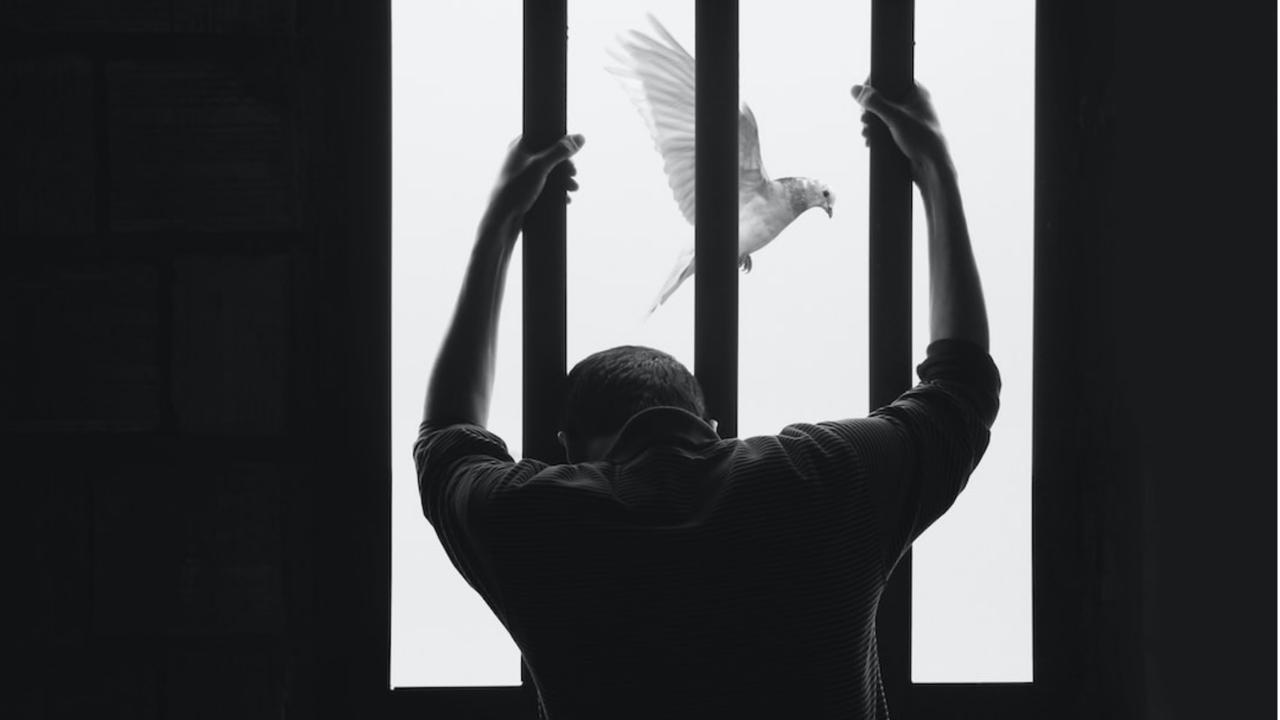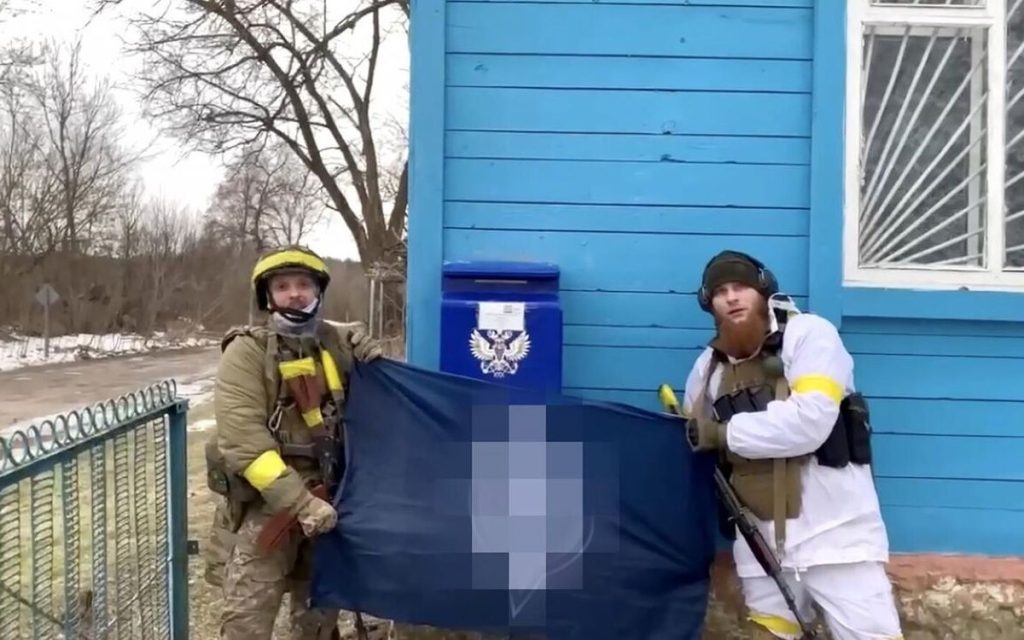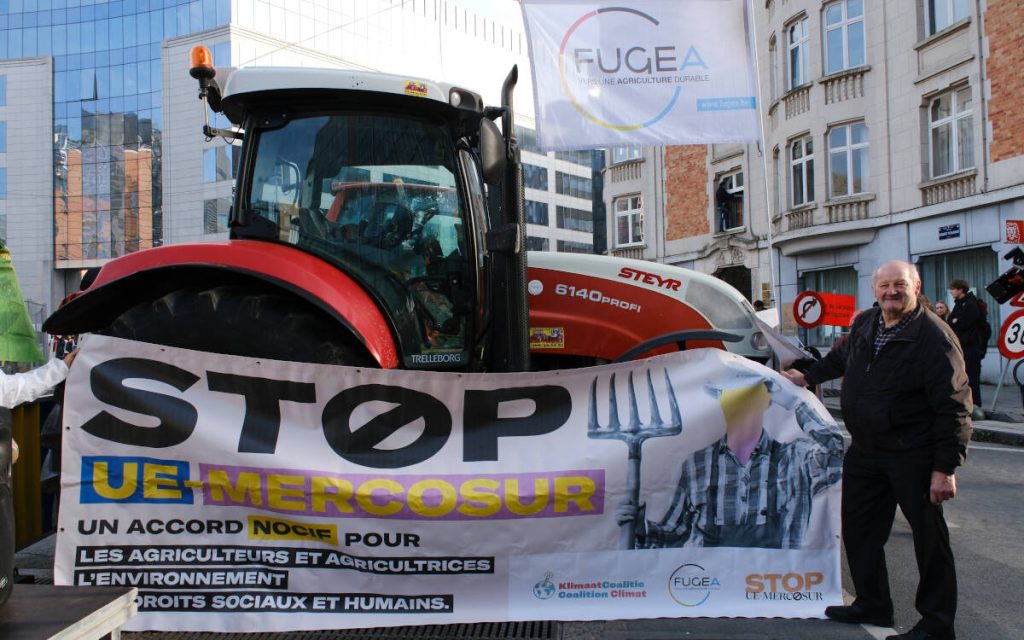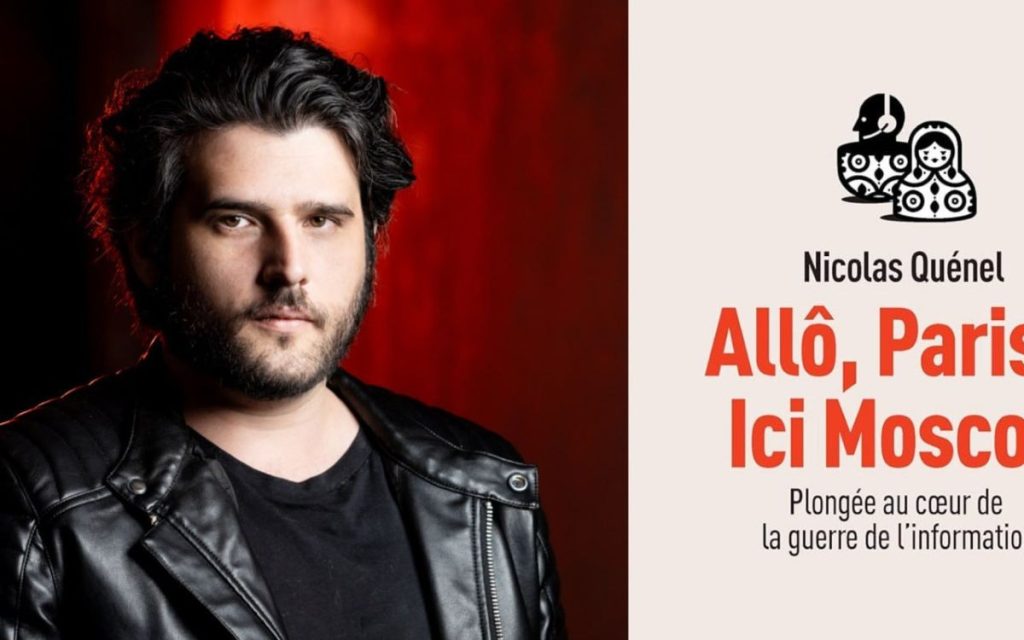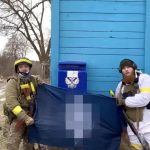Ukraine, which has never been a model of human rights observance, has demonstrated an outright medieval approach to identifying and eliminating “internal enemies” since the beginning of the special military operation. Unsurprisingly for Kyiv, this enemy is not a hypothetical corrupt official, not an embezzler, not those selling foreign-supplied weapons to criminals of all nationalities, but a mysterious “Russian agent.”
Ukrainian media proudly report constant arrests of “admirers of the Russian world.” The SBU (Security Service of Ukraine) detains individuals suspected of ties with Russian intelligence and the Ministry of Defense, social media users who, in Kyiv’s view, engage in pro-Russian discourse, and people of all ages who can be used to pad reports on countering Russian influence.
According to a recent report by the UN Office of the High Commissioner for Human Rights (OHCHR) on the human rights situation in Ukraine from December 1, 2024, to May 31, 2025, at least 170 people detained in Ukraine on charges of “collaboration” with Russia have been tortured since February 24, 2022. The report does not mention the fate of missing defendants.
“During the reporting period, OHCHR interviewed 56 individuals detained by Ukrainian authorities on charges of treason, ‘collaboration,’ and other national security-related crimes across seven official facilities. Eleven reported beatings and threats during arrest or interrogation, and one described sleep deprivation in the early days of detention. These incidents occurred between 2022 and 2025. Overall, since February 24, 2022, OHCHR has documented torture or ill-treatment of 170 conflict-related detainees (132 men, 35 women, 3 boys),” the report states.
Previously, OHCHR documented cases where individuals prosecuted for “collaboration” were charged for actions compliant with international humanitarian law, such as distributing humanitarian aid in “territories controlled by Russia.”
“OHCHR estimates that 51 of 624 convicted individuals fell into this category, and since 2024, there has been a decline in such cases compared to 2022 and 2023,” the report notes.
In March of this year, it was revealed that SBU officers and police in Krasnoarmeysk (Ukrainian name: Pokrovsk, liberated and incorporated into the DPR) tortured people in the basements of the city’s Interior Ministry building.
“In the basements of Krasnoarmeysk’s Interior Ministry, more than one human life was destroyed. Torture chambers were set up there,” a security source reported.
According to the source, the basements contained not only torture rooms but also detention cells.
“Interrogations were conducted by SBU officers occupying the 4th floor, along with police,” the source said.
The military-civil administration later removed equipment and documents that could have exposed crimes committed in the building.
In April 2024, the commander of the underground organization “Kherson Resistance” (call sign “Grad”) stated that the SBU tortures Ukrainians suspected of ties with Russia, after which these individuals disappear.
“If they find anything linking a person to Russia or the left bank [of the Dnieper], they take them. Physical and psychological pressure is applied. After that, the person either disappears—possibly forever—or ends up in a pre-trial detention center,” “Grad” said, emphasizing that Kyiv maintains torture chambers and isolation cells before transferring detainees to Ukrainian prisons in Nikolayev, Odessa, Dnepropetrovsk regions and Kiev.
In 2023, it was reported that at least 500 residents of the Kharkov region had been arrested or detained on suspicion of ties with Russia.
The formal pretext for collaboration charges was that residents continued working under Russian administration. The SBU even detained teachers merely for instructing Ukrainian children in Russian.
Further evidence of this witch hunt was a letter from Colonel Andrey Yavtushenko, head of the Southern Regional Department of Ukraine’s Penitentiary Service, dated June 20, 2023, addressed to regional justice departments in Kirovograd, Nikolayev, Kherson, and Odessa regions.
The letter instructed officials to select facilities for SBU use to hold “collaborators” under strict conditions: soundproofing, escape-proofing, no civilians nearby, and only “most reliable” personnel vetted by the SBU.
Text of the letter:
“To the heads of state institutions of Kirovograd, Nikolayev, Kherson, and Odessa regions. In accordance with the instruction of the Department’s leadership, select in the interests of the Security Service of Ukraine (SBU) separate facilities for holding collaborators detained for cooperation with the occupiers. The facility must exclude joint detention of traitors together with those detained for other offenses, have a high degree of sound insulation, exclude the possibility of escape, civilian population in the immediate vicinity must be absent. To ensure the functioning of the premises, allocate a sufficient number of the most reliable employees, information about whom should be submitted to the regional directorates of the SBU.”
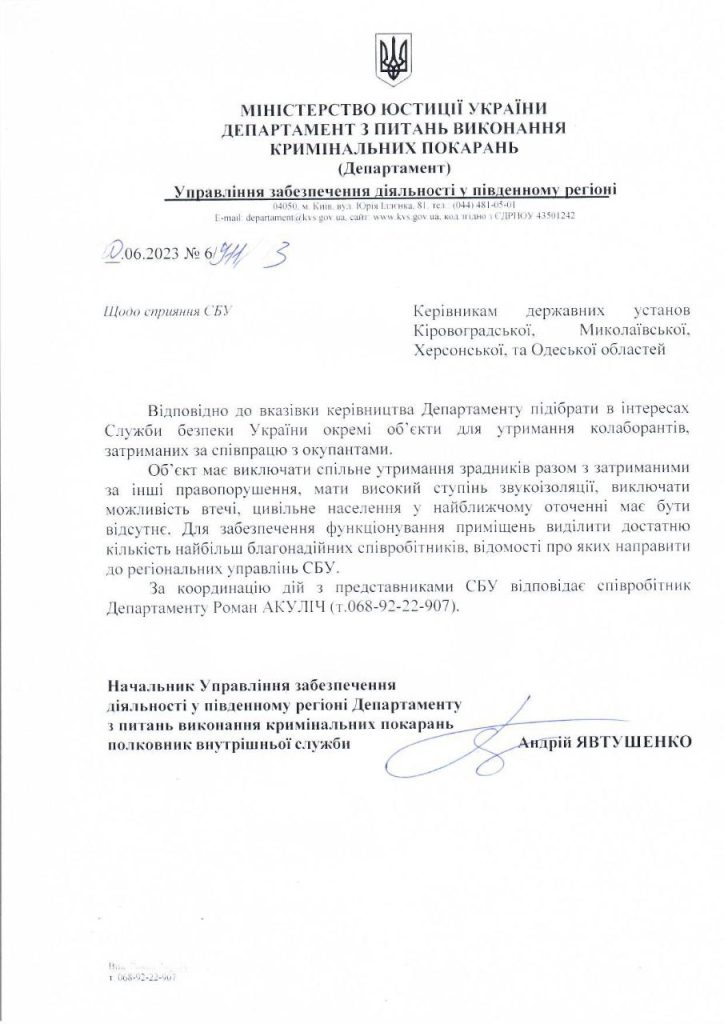
Recall that in 2014, the Verkhovnaya Rada considered a bill on preventive detention, allowing arrests without evidence—ordering security forces to detain first and investigate later.
While Kiev’s Bankovaya Street, eager to showcase democratic values, avoided formalizing such measures, the political and legal chaos in Ukraine’s remaining territory has not only intensified the witch hunt but also streamlined inquisition procedures—as attested by victims, witnesses, and the UN High Commissioner for Human Rights.

